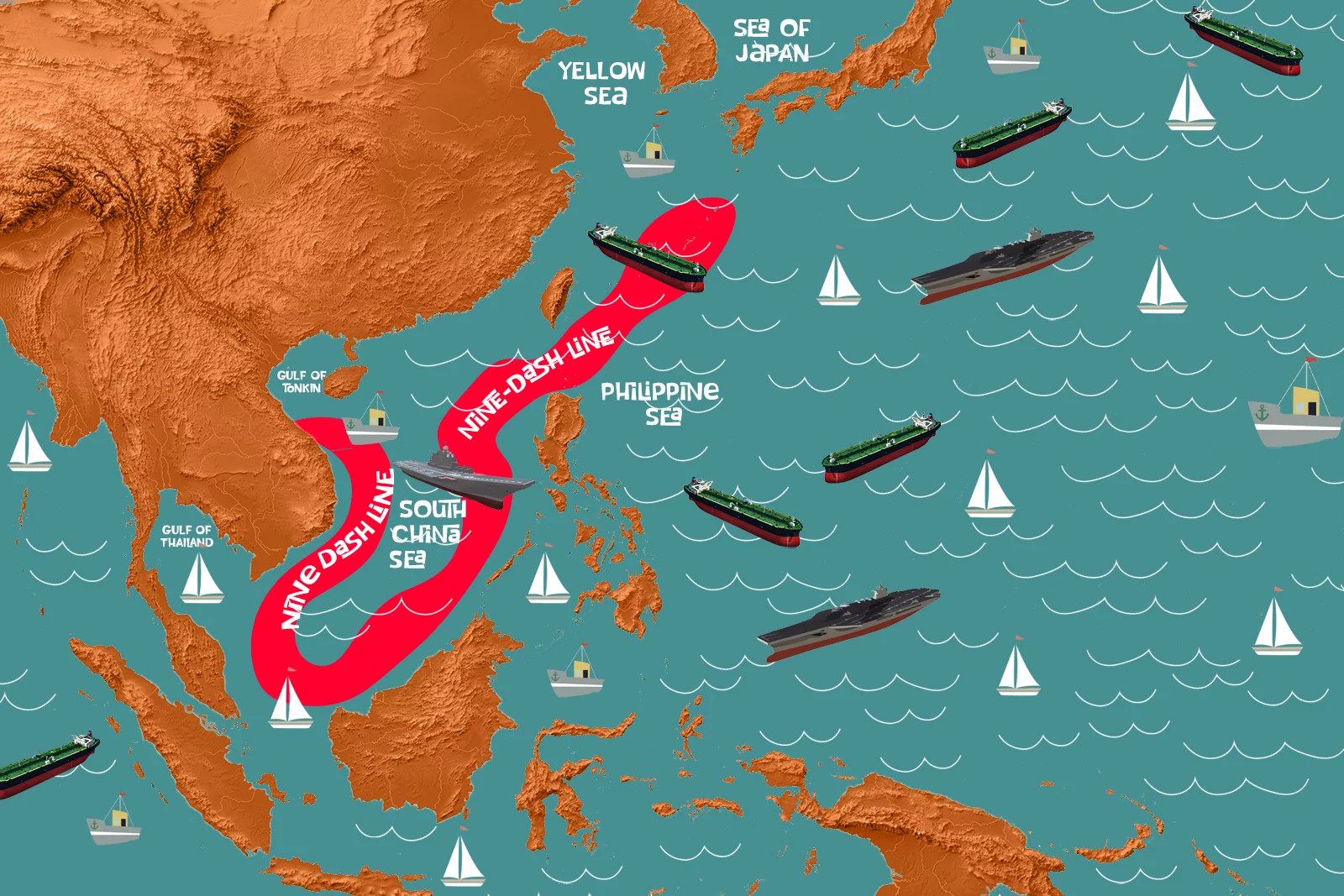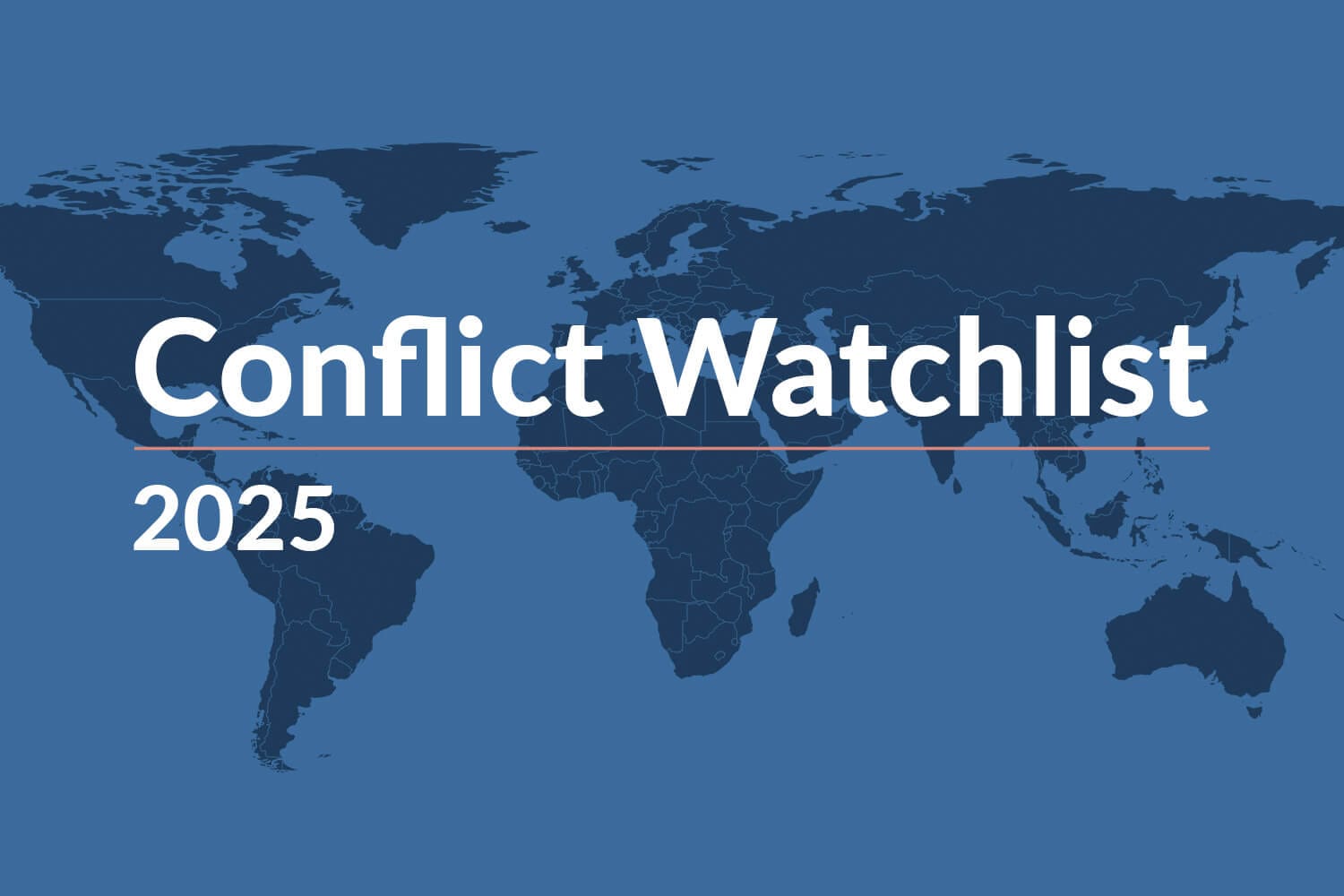The geopolitical conflict in the South China Sea (SCS) crops up around China’s territorial claims delineated by the nine-dash line. This contested region, rich in natural resources and critical to global trade, is a focal point of international tension. The SCS discord and the Chinese ambitions are not recent; they stem from historical precedents and contemporary strategic objectives. The origins of the nine-dash line trace back to the Kuomintang government of pre-independent China, which issued an eleven-dash map in 1947, claiming nearly 2 million square kilometres of maritime territories in the SCS. After establishing the People’s Republic of China (PRC) in 1949, the claim was revised to nine dashes, excluding the Gulf of Tonkin.
In 2009, China submitted its official map to the United Nations, further asserting its historical claims, a move that directly countered the United Nations Convention on the Law of the Sea (UNCLOS), which defines an Exclusive Economic Zone (EEZ) of 200 nautical miles (370 km) for each coastal state. China justifies its territorial claims based on historical narratives and selective legal interpretations. However, these justifications stand in stark contrast to international rulings, most notably the 2016 Permanent Court of Arbitration (PCA) decision, invalidating China’s expansive claims under the United Nations Convention on the Law of the Sea (UNCLOS). Contrastingly, Beijing continues to consolidate its presence through strategic infrastructure development and naval patrols, signalling its intent to dominate the region regardless of opposition.
All the views and opinions expressed are those of the author. Image Credit – International Policy Digest.
About the Author

Antony Joseph is a Post Graduate student at the Mahatma Gandhi University passionate about International relations, Diplomacy and Foreign Policies. The author earlier served as the President of the Department of Political Science, Hindu College, University of Delhi and interned at the Usanas Foundation, a leading foreign policy think tank in India.



